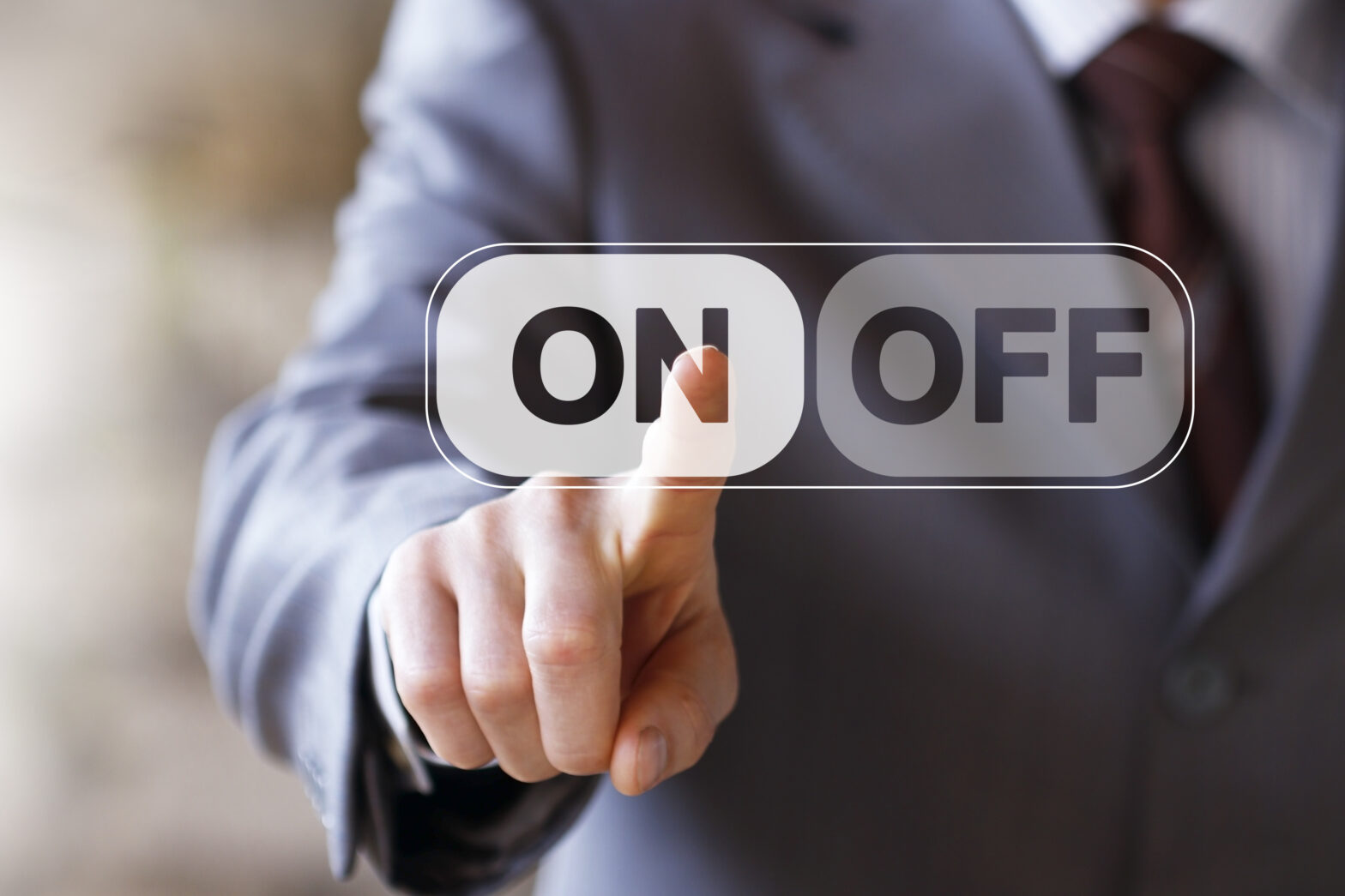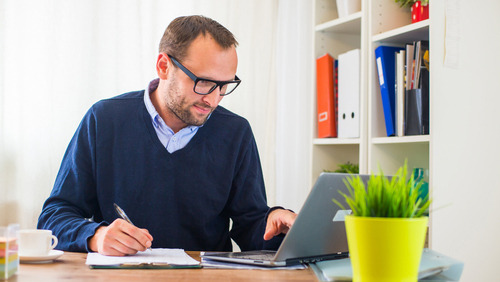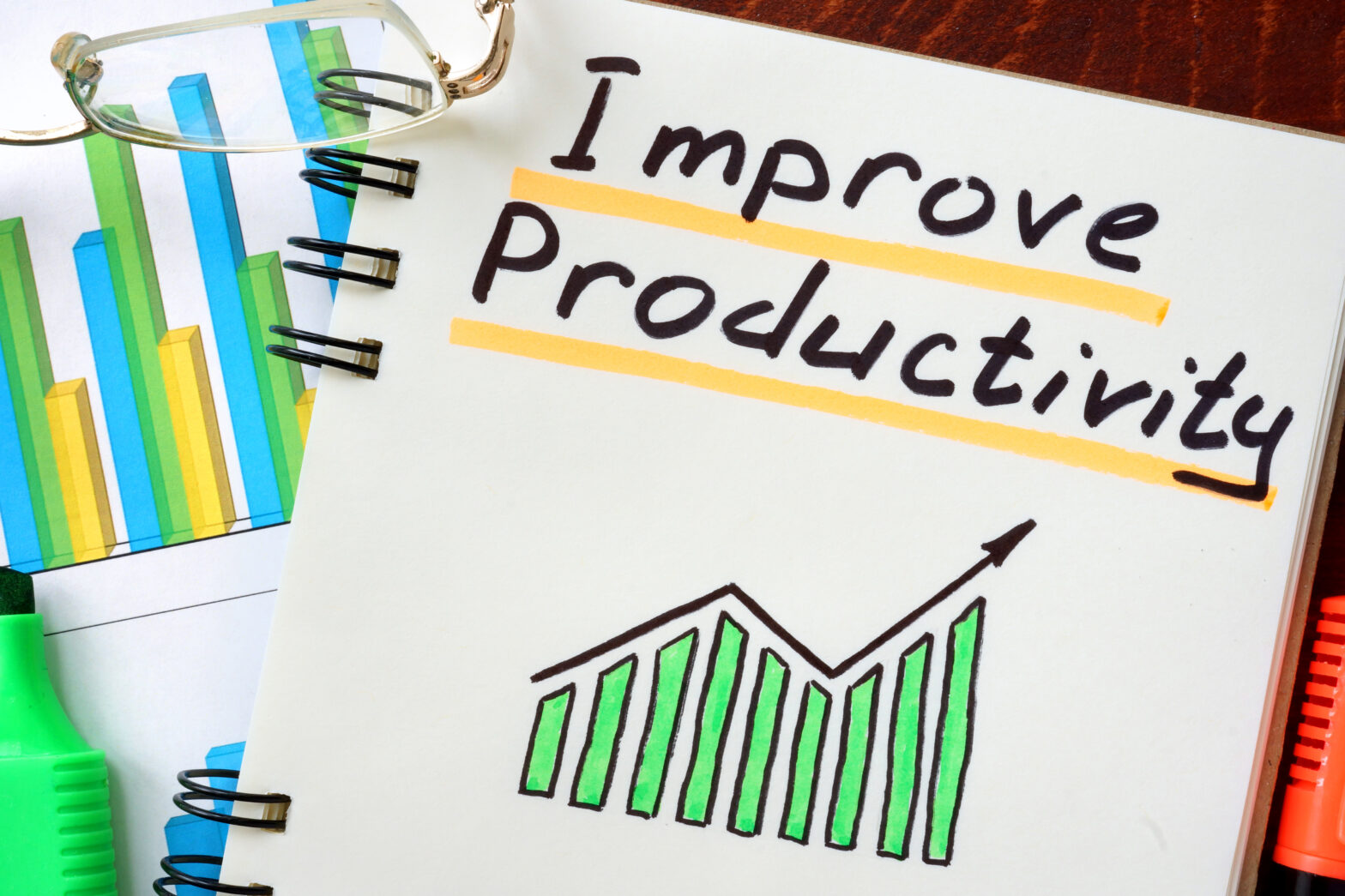They’re known as ‘shower thoughts,’ those seemingly random thoughts or ideas that occur when taking our morning shower- or engaged in a similarly monotonous, routine task.
Often amusing but inconsequential, (a quick Google search of the term throws up an array of weird and wonderful examples,) these unexpected insights can sometimes prove far more useful. Indeed, people report flashes of brilliance including sudden creative breakthroughs, remembering the location of a long lost item and even figuring out the answer to a complex work problem.
In fact, the idea that the brain can produce its best work when ostensibly ‘switched off’ is actually backed up by science.
Studies have shown that the daydreaming brain is actually incredibly active, engaged in a whole host of vital mental processes. The theory goes that, when people are engaged in relatively monotonous tasks that require little thought, the brain becomes free to make new associations between seemingly unconnected ideas. This can lead to epiphanies that seem to come from nowhere but are actually the result of a whole host of unconscious mental activity.
Shower inspiration
In other words, even when we think we’re switched off our brains don’t really slow down at all. Instead, they are busy at work replenishing our reserves of mental and physical energy, which in turn increases productivity, replenishes attention, solidifies memories and encourages creativity- all vital attributes in the world of work.
Cultivating innovation and fresh thinking in the workplace has never been more critical to being competitive, driving growth and maintaining a happy and productive workforce. Yet when we consider the typical working day, the fixed-location, fixed-hours model is still very much the norm.
There is also the daily commute to factor in, which all too often can be stressful and detrimental to productivity – not to mention expensive. So how do we reconcile the need for creativity with the traditional working day, with its expectation for employees to be sitting at the same desk for eight solid hours, often not even pausing for lunch?
One solution is to consider allowing employees to work remotely, for at least some of the time. Remote working is on the rise, with recent reports stating that 45 per cent of UK workers are now based outside of their main office for more than half the week, and research suggests that this can impact positively on employee happiness and productivity. In a recent survey, for example, 74 per cent of respondents state that flexible working enables employees to better manage personal and professional demands. In addition, the same survey reports 44 per cent believe working remotely improves their productivity by offering a ‘refreshing change of scene.’
When to recharge
But with this change must come a shift in management mindset. Too often, hard-work is equated with ‘presenteeism’ – as if turning up on time and being seen in the office every day is a guarantee of productivity. Rather, managers must get used to the idea of assessing performance on results rather than hours spent at the desk.
Another , more radical, solution which has been put forward is to allow time and space for employee nap times. It has been scientifically proven that a nap of just 30 minutes can improve concentration, creativity and feelings of relaxation. Allowing staff to sleep on the job would certainly require a dramatic shift in mindset for many firms -but it’s not without precedent.
In fact, a range of forward-thinking companies including Ben & Jerry’s, Google and PricewaterhouseCoopers have already installed “nap rooms” in their company offices in a bid to increase employee wellbeing and productivity.
Our own centre on Vijzelstraat in Amsterdam has teamed up with COCO-MAT to create the Recharge Room, which is furnished with daybeds and designed to give workers a dedicated nap space.
Of course this may not be practical for many companies but businesses are exploring plenty of other options. For example, offering fitness or meditation classes, encouraging workers to get outside into nature, or simply encouraging regular breaks can be just as restorative. Indeed, studies have shown that mindfulness meditation, for example, leads to staff feeling more focussed towards work.
Related: UK SMEs expect accelerating revenue growth in the New Year
Such a change in attitude will also of course have implications for the workplace. As more and more enlightened employers encourage their staff to take regular “downtime”, the less appropriate the traditional fixed-desk office model will become.
Instead, a whole new range of design factors need to be considered. The modern workspace must be designed to accommodate the requirement for a range of different working styles within one area, meeting the variable needs of organisations and individuals. This includes space to work at a desk, space for meetings and collaboration, and space to simply sit, think and enable creativity. Endless rows of cubicles simply won’t cut it.
The most important thing is that periods of downtime are encouraged – even mandated- for employees, giving them that all important space to switch off and recharge.
By doing so, employers will create the right environment for the generation of ideas and better business planning – to the obvious benefit of both staff and business alike.
Richard Morris, UK CEO, Spaces





